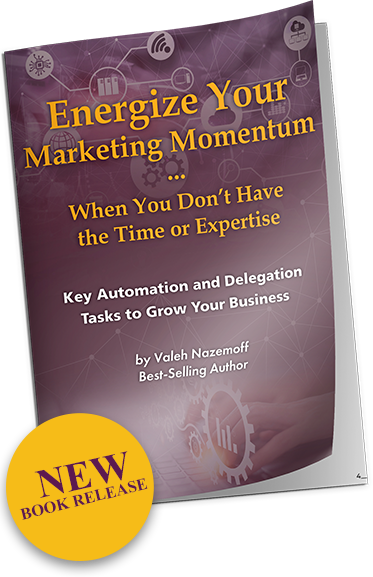

Learn how to
stay competitive
while marketing your brand and message…
when you don’t have the time, energy, or expertise!
Do you know the difference between a blog post and a regular website page post? If so, do you know which one you should use for different circumstances? Here’s a quick breakdown of some of the key differences between blog posts and normal web pages, as well as when it’s most appropriate to use what.
Blog posts are articles published on blogs. They are great for conveying ideas in an easily understandable, semi-casual way. Blog posts are typically written with the intention of providing information or entertainment. The following are some of the ways in which blog posts differ from conventional web pages.
Another key difference between blog posts and web pages is that blogs display the author and date the post was published. This information can be useful, but the downside is that your blogs could appear out of date. You might choose to reuse a blog that’s two years old but still contains relevant information—however, site visitors won’t necessarily know that. They might just see the publishing date and assume you’re running on old content, so it’s important to refresh your blogs as much as possible and note new changes so that people know that the information is more recent, or at least still relevant to the current day.
Another downside is that newest posts are displayed at the top, and thus older posts are archived based on month and year, where the site visitor will need to dig with their search – unless the posts are organized by categories and tags.
However, displaying an author and date for an event announcement is more ideal. Because then the reader can see what the date of the post was and quickly determine if the event is still relevant near term.


Blog posts and web pages are both important for conveying information and driving SEO, and it’s important to understand which type is best for your business under different circumstances. In reality, you need both blog posts and web pages for your digital marketing efforts.
For instance, if you are hosting an event, you will most likely want to use a blog post because it contains a date and lets people know when the event is happening–unless, of course, you plan on announcing your events via social media, in which case you would not need to bother with blog posts for these events. However, if you are planning to repurpose content, then a page post would be best.
Engage 2 Engage is here to help with all of your online marketing needs, including web pages and blog posts. Our team of marketing experts knows when and how to leverage these two types of posts. Learn more about how we can help your business grow by checking out our Marketing Programs!


while marketing your brand and message…
when you don’t have the time, energy, or expertise!